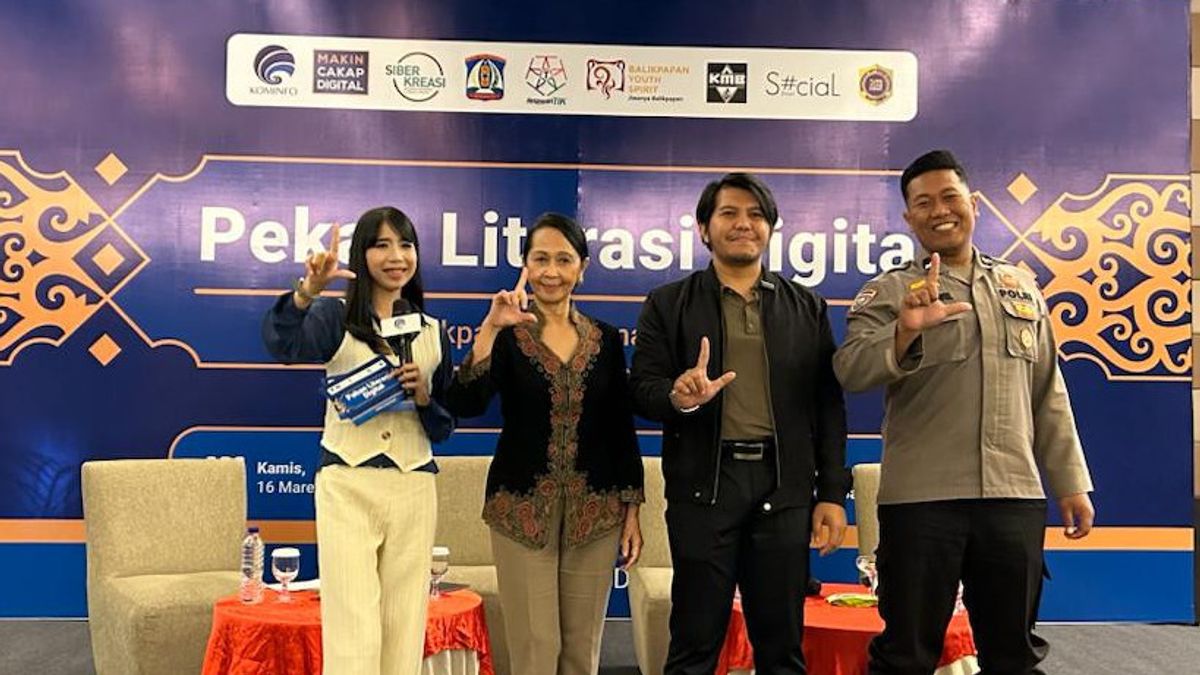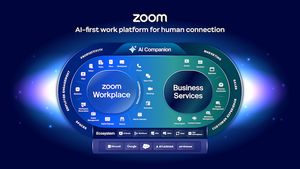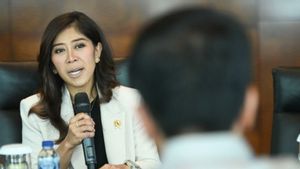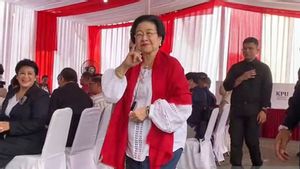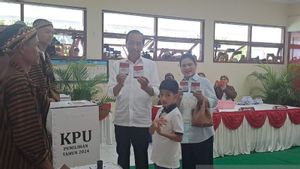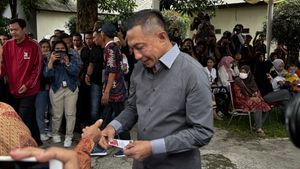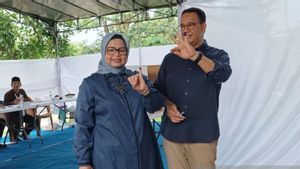JAKARTA - The Ministry of Communication and Information (Kemenkominfo) through the Coordinator of Digital Literacy, Rizki Ameliah explained about the role of the Indonesian government, especially the Ministry of Communication and Information in realizing digital inclusiveness.
According to him, in line with several countries that also focus on digital transformation, this has also been done by Indonesia.
The urgency carried out in realizing digital transformation is through a digital literacy program that has been running for several years. We in Indonesia have prepared infrastructure and policies," Rizki said in a written statement received on Sunday, March 26.
Rizki added that this program was initiated by the President of the Republic of Indonesia Joko Widodo in 2021. There are four pillars that are benchmarks for the achievement of the program, namely Digital, Digital Culture, Digital Ethics, and Digital Security. Collaborating with various private parties who pay attention to the importance of digital inclusiveness.
"Through digital literacy, we have also made several efforts to help create inclusiveness, for example, is to make digital literacy training for people with disabilities," added Rizki.
Di kesempatan tersebut, juga hadir menjadi wakil dari sektor swasta, Logitech. Elaine menjelaskan mengenai inclusiveitas yang telah dilaksanakan oleh perusahaannya, yaitu dengan mewujudkan ekosistem kerja yang ramah bagi setiap kelompok dalam perusahaan.
"To make this happen, we have a partnership, one of which is to make rules where female workers and male workers are the same, as support for realizing gender equality," explained Elaine.
Not only that, Logitech also created a campaign focused on female workers, where the campaign aims to encourage women to explore the world of technology. The World Bank Group through Michael Kende as the Digital Development Specialist was also present at the event.
Michael responded to issues regarding the existence of several companies in the world that have not made enough efforts to realize digital inclusiveness. According to him, technology companies must be aware of the existence of several groups that have limitations in obtaining their rights, especially towards digital space.
Michael also mentioned some areas in the world that only have 3G signals, where this shows there is a gap in access equations.
With this kind of gap, the company should be economically more enthusiastic about developing, not just pursuing profits. That way, indirectly the company will realize equal rights in accessing the digital space," explained Michael.
The English, Chinese, Japanese, Arabic, and French versions are automatically generated by the AI. So there may still be inaccuracies in translating, please always see Indonesian as our main language. (system supported by DigitalSiber.id)
